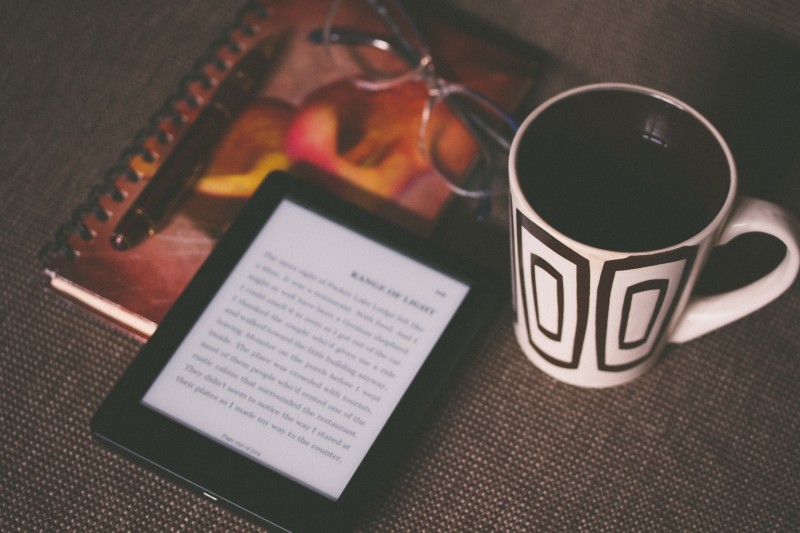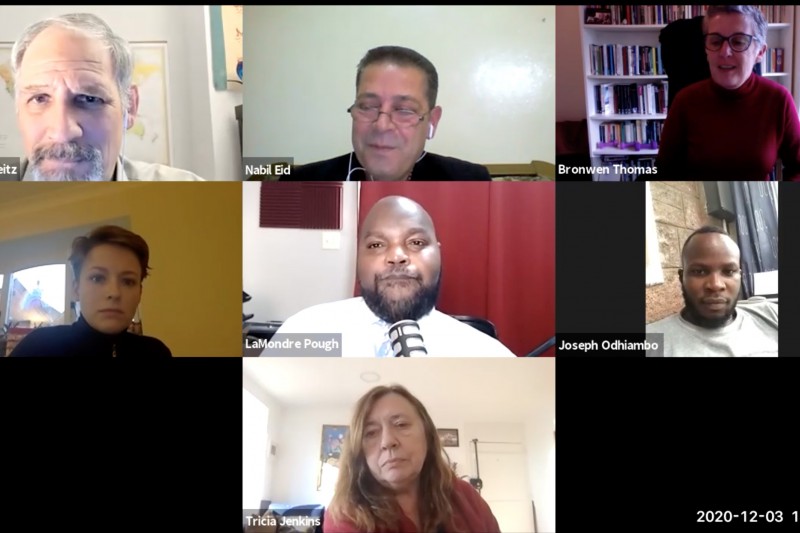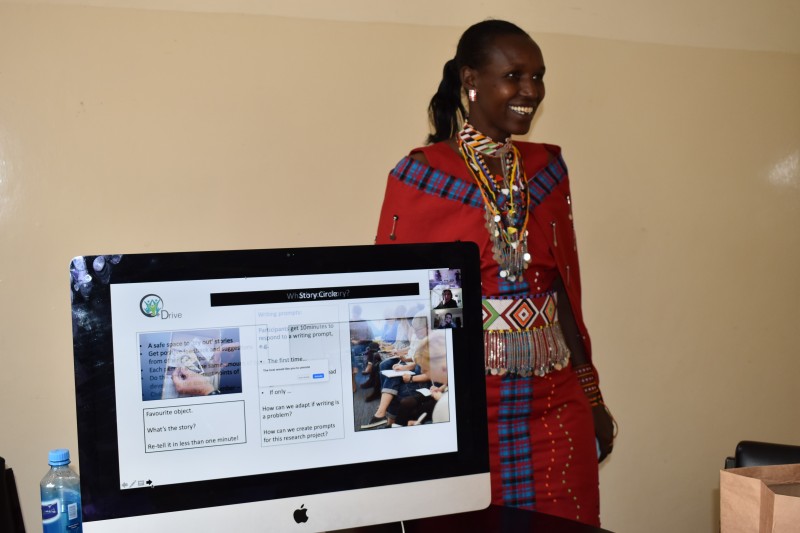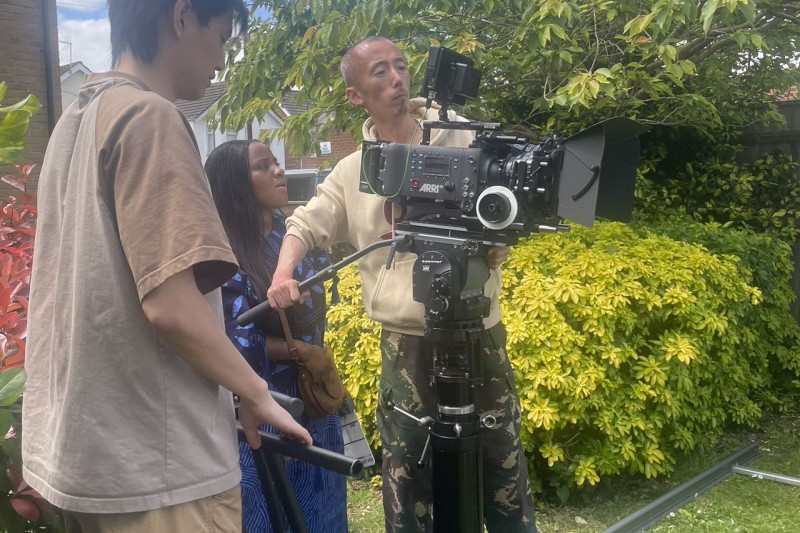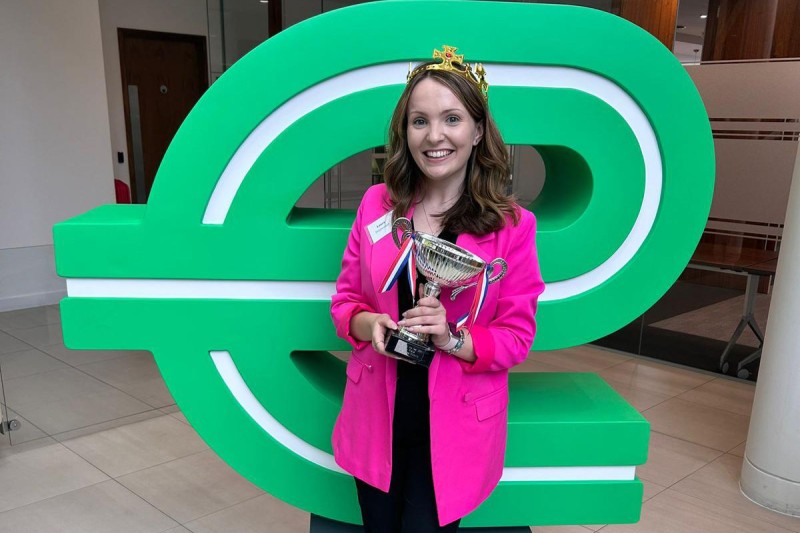Bournemouth University is one of the main partners in the DRIVE project, one of 24 new networks funded by UK Research and Innovation’s Global Challenges Research Fund (GCRF) under its Digital Innovation for Development in Africa (DIDA) strand.
The networks bring together academics, industry, NGOs, policymakers and practitioners from Africa with UK partners to maximise digital technologies to address development challenges including health, energy and accessibility to online resources. Bournemouth University (UK) is working in partnership with the Catholic University of Eastern Africa (Kenya), Chuka University (Kenya) and Worldreader.
Digital reading
Digital Reading programmes have demonstrated the potential for new technologies to provide solutions for developing countries where the logistics around access and upkeep of print books may be hindering the growth of robust reading cultures. Programmes have also been designed to specifically target population groups ‘left behind’ because of cultural norms and stigmas specific to the local context. Nevertheless, most research and the main focus of digital reading initiatives in developing countries has been on classroom-based situations, meaning that the wider social impact of digital reading on readers’ lives is barely discussed.
The DRIVE network
Between May 2020 and April 2021, researchers, stakeholders and policymakers from multiple nations, academic disciplines and knowledge bases came together via Zoom to discuss how digitisation might be employed to reach readers in some of the remotest and poorest parts of Kenya. Focusing specifically on promoting gender equality and social inclusion for people living with various kinds of disability, the network examined current provision and best practice and worked with readers and providers to identify gaps in provision and social and cultural barriers to engagement to ensure that future provision takes a more holistic and responsive view of the role technology can play in enhancing readers’ lives.
Digital reading and underserved communities
The first part of the project focused on gender equality and digital reading, bringing together experts on gender equality with stakeholders and policymakers to work on identifying measures to ensure that future provision is focused on sustainable solutions and building resilient reading cultures and communities.
Following on from this, the network worked closely with inclusive design specialists to examine how assistive technologies already available can address the specific needs of readers with various kinds of physical or learning disabilities, minimising the risks of social isolation and enhancing their life opportunities. The workshops included contributions from organisations working with disabled groups, as well as from end-users, and reflected on the importance of an intersectional approach to gender and disability.
Digital storytelling
In the final segment of the project, DigiTales, a participatory media company, remotely trained three facilitators based in different regions of Kenya.
Following this, the team worked with readers from Nairobi, Chavakali and Loita to produce nine short multimedia films reflecting on their experiences of using digital devices for reading and the impact this has had on their lives. The stories are available to view on YouTube and the project website. A Project Toolkit reflecting on the experience of delivering the workshops remotely was produced by the project team and is available for download on the project website.
Alan Hebert: The Blackboard Boy
Faith Mopia - Blossoms of the Savannah
I really felt good being the facilitator, and I hope I can do this more and more with my readers at the library, because this really is impactful and gives everyone a bit of high self esteem and confidence. Especially when it comes to becoming an author. We have a lot of young people here that want to become authors, but now they don't have the support. But if you give such a platform whereby they can write, and you can cast their stories to the world...I think it's a very impactful thing.” Kelvin Gwuma - one of the newly trained facilitators
Telling stories reminds you of important and painful experiences of your life, but most importantly it brings people closer. This is a very beautiful way of keeping the coming generation informed. Imagine if our parents and grandparents had this device!" Robert Ong’ai - project participant
From now on, I know that I can use digital technology to strengthen my reading ability." Faith Mopia - project participant
Awards
Project PI Professor Bronwen Thomas has been the recipient of a prestigious award for her academic research work on literacy in the digital age. The announcement was made at the World Literacy Awards hosted by the World Literacy Foundation with 5,300 attendees from 52 countries who joined the online ceremony. Find out more and watch the World Literacy Awards 2021 ceremony.
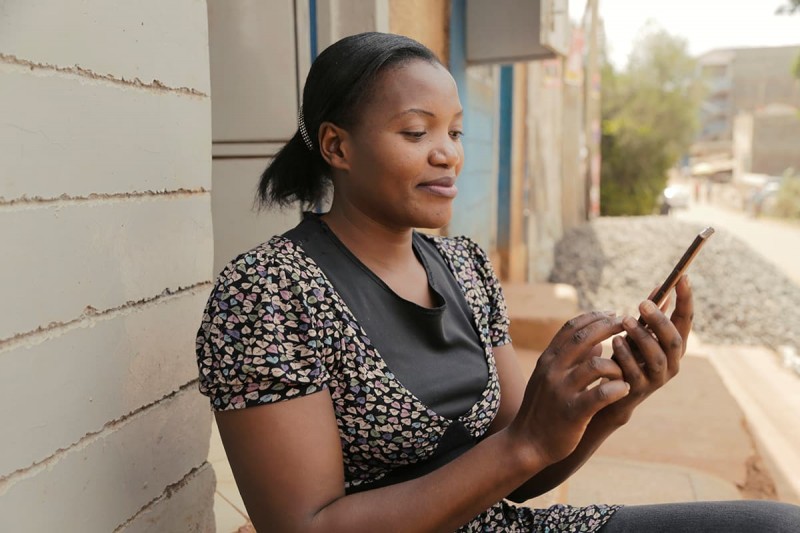 Picture credit - Worldreader
Picture credit - Worldreader